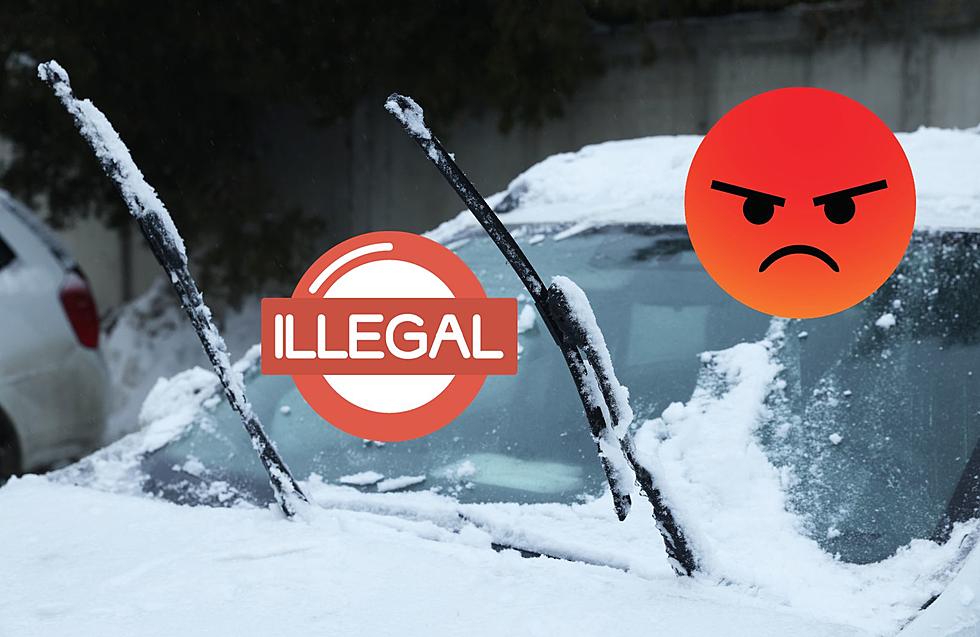
A Common Cold Weather Car Tradition is Actually Illegal in New Jersey
There are a ton of ridiculous laws in Jersey, but this one may top the list.
You know the drill. It's early in the morning.

You're nice and toasty in your house, but it's 30 outside and you have to get to work.
Getting to work requires getting in your car which is bone-chillingly cold.
If you're lucky enough to have a remote start, you tap a button and start your car in the driveway. Otherwise, you make a mad dash outside to get that engine going.
Believe it or not, the common practice of warming up your car in the driveway is actually illegal in Jersey.
I know, right! Dumb.
In fact, the New Jersey Department of Transportation has some pretty strict rules when it comes to warming up or idling your vehicle, even if it's in your own driveway. If you don't follow these rules, it could cost you up to $250 and that's only for the first offense.
Take a look at N.J.A.C. 7:27-14,15.
It states:
All vehicles may idle for up to three minutes with the following exceptions:
- May idle for up to 15 consecutive minutes when the vehicle has been stopped for 3 or more hours and ONLY if the temperature is <25 degrees F
- Buses may idle while actively discharging or picking up passengers for 15 consecutive minutes in a 60-minute period
- No idling is allowed in a parking space with available and functioning electrification technology
This is part of the Department's "Stop The Soot" campaign.
The DEP even provides a 24-hour hotline to report (rat on) people with an idling vehicle.
I will not be sharing that phone number here.
Think this is made-up hysteria?
Last year, my neighbor got an early morning visit from an officer and a nice $250 summons because she was warming her car up in her own driveway.
It had only been 10 minutes according to my neighbor.
Winter laws like this make me want to live in one of the 50 best beach towns in America. Take a look!
More From 94.3 The Point









